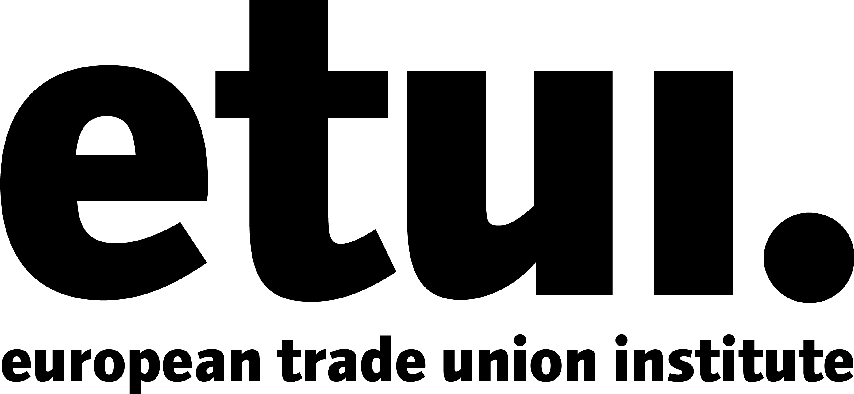Chemycal has been acquired by 3E
Learn MoreChemycal has been acquired by 3E
Learn MoreDiscover how Chemycal PRO helps you boosting your regulatory monitoring:

In an opinion published on 10 January 2022, the French National Commission on Ethics and Alerts in Public Health and the Environment (CNDASPE) recommends a review of the process used to arrive at the expert opinion on the re-authorisation of glyphosate in Europe.
Glyphosate is the world’s most widely used active substance in the production of herbicides, with more than one million tonnes produced globally in 2017. Initially marketed by Monsanto under the name ‘Roundup’, the patent for the molecule expired in 2000. Since then, Monsanto’s competitors have managed to grab large shares of its market by offering lower-cost generic products.
The use of glyphosate in the EU is authorised until 15 December 2022, when the temporary authorisation issued by the European Commission five years earlier expires. With a view to renewing the authorisation, four Member States (France, Hungary, the Netherlands and Sweden) were tasked with submitting an expert report to the European authorities on the potential dangers associated with the notorious herbicide. In June 2021, the 11,000-page pre-report concluded that glyphosate did not meet any of the criteria for a ban under the EU Plant Protection Products Regulation, thus paving the way for its re-authorisation.
Specifically, the rapporteur states considered that glyphosate could not be classified as a mutagen, carcinogen, reprotoxic agent or endocrine disruptor. The assessment panel added that no chronic or acute risk to consumers was to be expected from the use of glyphosate on crops, provided that ‘good agricultural practices’ were followed.
However, these findings contradict those of other institutions, including the International Agency for Research on Cancer (IARC), which classified glyphosate as ‘probably carcinogenic to humans’ in 2015. Likewise, the French National Institute of Health and Medical Research (Inserm) concluded that there was ‘a moderate presumption of an increased risk of non-Hodgkin’s lymphoma’ in relation to exposure to glyphosate.
CONTINUE READING ON www.etui.org
2013 © MyChemicalMonitoring. ALL Rights Reserved. About Us | Terms and Conditions